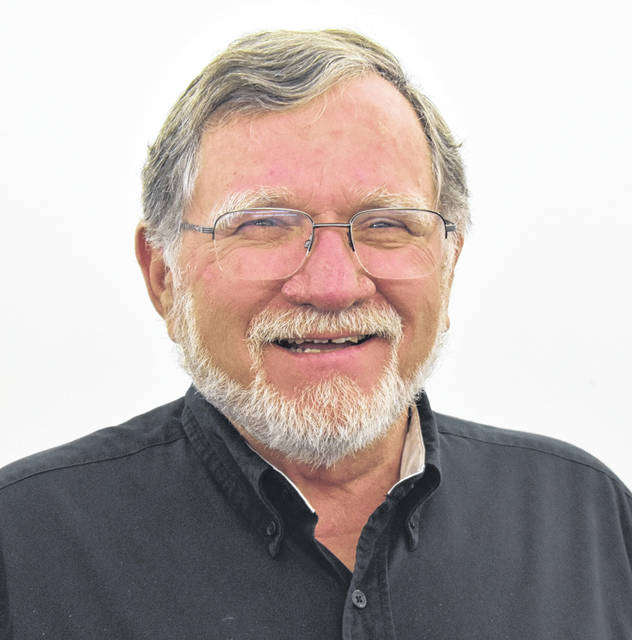
It was almost 21 years ago, February of 2000, I was honored by Mayor David Raizk, when he asked me if I would assume the role of Director of Public Safety for the City of Wilmington.
The city safety director is responsible for administrating all safety services within the community. That includes the Police Department, Fire Department, Emergency Medical Service, and Emergency Communications (dispatch).
For many years before that, I had been employed by Clinton Memorial Hospital. Not only did I work as a member of the CMH management team as director of Respiratory Therapy, but in 1987 the administrator of the hospital also asked me to serve as the EMS Coordinator between the hospital and county EMTs.
Working with the emergency department medical directors, we established written treatment protocols for almost every conceivable medical situation or trauma circumstance our local EMTs might encounter. I spent a considerable amount of time training the local squad members on those protocols.
Besides my certification as a respiratory therapist, I was also certified as an EMT and firefighter. With that experience, I knew that I would enjoy the job of safety director. I felt confident working with all the aspects of safety services … except for emergency communications – 9-1-1 dispatch.
Many years ago, early in his career, my son worked with the Clinton County Sheriff’s Office in their emergency communications department. One cold, icy evening he called and asked me if I could pick up some dinner for him and his partner.
He told me that they had been swamped with calls that evening and neither of them had taken time to eat. I grabbed a few fast-food sandwiches and headed to the old Sheriff’s Building on courthouse square.
They let me in. I sat quietly in a corner. I did not want to interrupt their flow of work. “Flow” might not be the right word — it was more like an avalanche.
It seemed as if one emergency call would be completed, and two more would come in. They were both handling multiple calls, yet they were able to ignore outside distractions and focus on each caller.
Each caller was treated with efficiency and compassion. All the fire department, life squad and law enforcement personnel were given all the vital information they needed and were promptly dispatched.
By their calm voices and professional manner, no one could have known how busy they were. I was impressed. As I sat there, they ignored me completely.
About two hours after I sat down, they had a short break in the action. They remembered I was there and remembered that they hadn’t eaten all evening. Their cold sandwiches were quickly unwrapped. They didn’t even try to warm the food… they just started eating.
As I was leaving, the phones started ringing again. Half-eaten sandwiches were once more ignored. I’m not sure if they were ever eaten.
I was completely impressed.
About 30 years before this happened, a presidential commission had recommended that a single, easily remembered number should be used for reporting emergency situations. After the recommendation was made, the 9-1-1 emergency number system was established.
As emergency communications centers were established across the nation, the job of being a 9-1-1 dispatcher was also established. Every community would be more dangerous if it were not for the skilled, dedicated, and professional dispatchers who sit at their console waiting for the next emergency call.
There is an old saying that “Being a pilot is hours of boredom punctuated by moments of sheer terror.” The same can be said for being an emergency dispatcher.
As a firefighter and EMT, I knew what it was like to be on the other side of an emergency radio call. After becoming city safety director, I decided that, whenever possible, I would stop in to see the dispatchers after a really bad situation – major fire, accident with fatalities, tornado warning, shooting, or other situations that could really shake up a person.
I found that police officers would sometimes stop into dispatch to ‘debrief’ and ‘unwind’ after a major call. Debriefing after an emergency is always important.
If you ever must call 9-1-1, remember these few things: Speak slowly and clearly. Do not hang up until the dispatcher tells you to. Answer all questions honestly. Listen carefully for any instructions the dispatcher gives you.
Also, go outside today and make sure your house number is easily seen from the street.
When you make an emergency call and hear those words — “9-1-1, what is your emergency?” — be prepared. Do not make an emergency situation worse by panicking. Be prepared and try to stay calm.
Randy Riley is a former Mayor of Wilmington and former Clinton County Commissioner.


